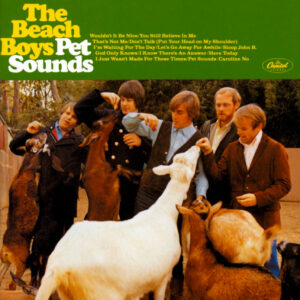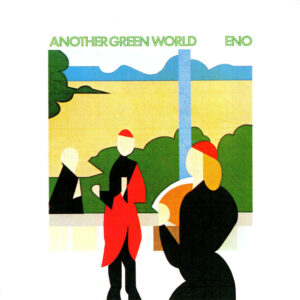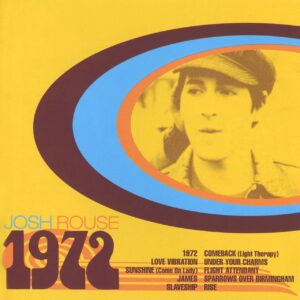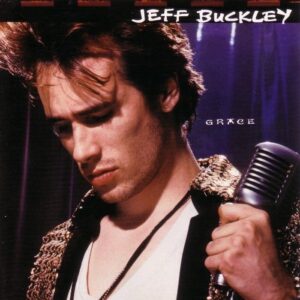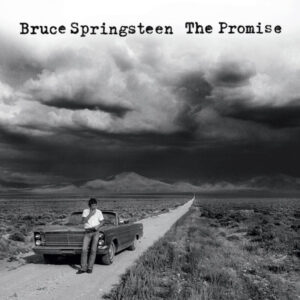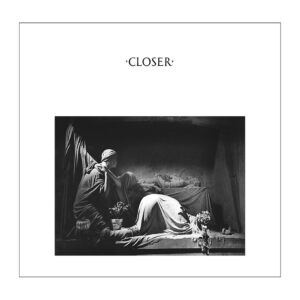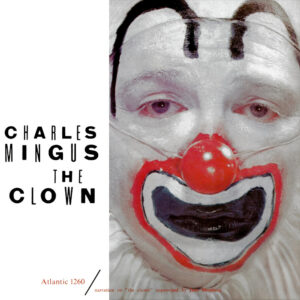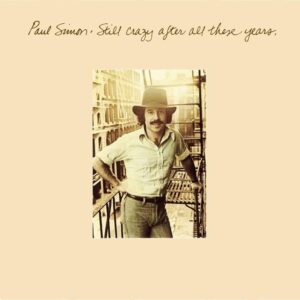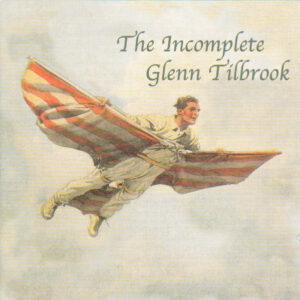
Richard X. Heyman started his career as a backing musician, drumming for Brian Wilson, Link Wray, and Jonathan Richman, and playing keyboards for Ben E King. A one man band, his work is tougher than early solo Paul McCartney and not as experimental as early Todd Rundgren, and more retrogressive than either – listening to his charming voice, he comes across as an Anglophile who wants to join Hermans Hermits.
If his career had started in the mid 1960s, I think it’s reasonable to assume that Richard X Heyman would now be a household name. Emerging in the late 1980s after decades as a sideman, his melodic song-craft, wide eyed innocence and tight snappy arrangements were no longer as relevant and Heyman is restricted to a well deserved cult audience. That leaves him as exactly the kind of likeable underdog that pop nerds like me enjoy supporting, with no agenda beyond making accomplished, intelligent pop records.
Living Room!!
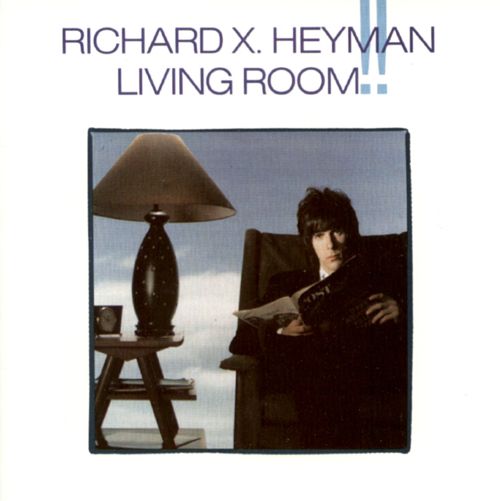
Heyman originally released his debut album in 1988, and it was repackaged after a supportive Rolling Stone review and re-released in 1990. Heyman may not have a huge dose of originality, (although that’s not to demean his accomplished three minutes songs, an artform in themselves) but he’s an extremely capable multi-instrumentalist, particularly proficient on drums and keyboard, playing virtually the entire album himself, and a personable lyricist.
It’s not hard to see why Rolling Stone became supporters of Living Room given its strong beginning – the bouncy ‘Call Out The Military’, the elegant piano fills of ‘Palace of Time’, the sweet harmonies and twinkling piano of ‘All For The Girl’, and the wobbly organ introduction and almost ska rhythm guitars of ‘Learn To Love’ begin Heyman’s solo career in spectacular fashion, and it’s impressive how much diversity he’s able to get out of his power pop genre. Living Room does regress merely into good solid pop after threatening to be mind-blowingly terrific for the first few songs. There are plenty of strong songs like the closing diatribe of ‘Local Paper’ and the awesome piano work on the bathos-free ‘Deep Down In My Heart’, but material like ‘Catalina’ and ‘Collides In Front Of Me’ can become monotonous.
Still, made in an era while everyone was lost in overly fussy synth pop, ugly hair metal or underground alt rock, Heyman’s likeable and hook filled songs are a breath of fresh air.
Hey Man!
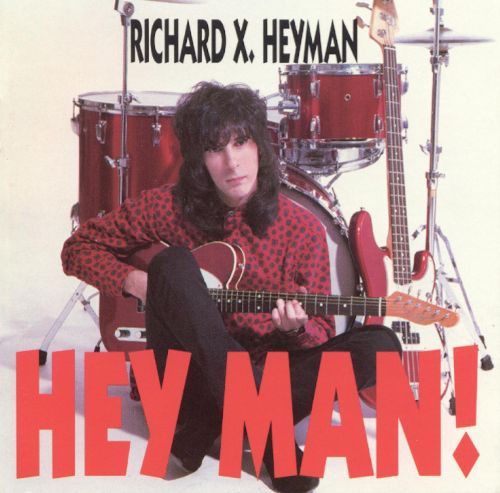
In terms of style, there are influences from the mid-sixties British Invasion bands, while ‘In The Scheme Of Things’ is close to a Tom Petty homage and ‘Monica’ nails power pop so precisely that it could be used to define the entire genre. Heyman also brings his own distinct artistic voice with a surfeit of military metaphors (‘Civil War Buff’, ‘Private Army’) and an exemplary piano technique that brings another dimension to some of the songs. His military interest and middle name are explained by the fact that his real and full middle name is “X.,” in honor of General Xavier Cheeves, under whom his father served in the army.
And this record is home to plenty of unpretentious, unfairly obscure pop gems, ranging from the bounciness of ‘Monica’ and ‘Falling Away’ to the gorgeous piano balladry of ‘To Whiskey Flats’. ‘Civil War Buff’ is perhaps the most memorable song, a statement of endearing eccentricity (“I built a big diorama from the battle of Chattanooga”), yet grounded in reality with its conclusion (“I hate war the same as any sane man…I love Matthew Brady’s pictures of soldiers lying in the rain/I’m sorry that they died in vain.”) and topped off with a rollicking piano hook. Some of the faster songs can be grating (‘Sidetracked’), Heyman’s vocals can be limited, even if his slur is charming, and a few more ballads would be nice, but there’s still plenty of accomplished pop songs just waiting for a cult audience.
Cornerstone
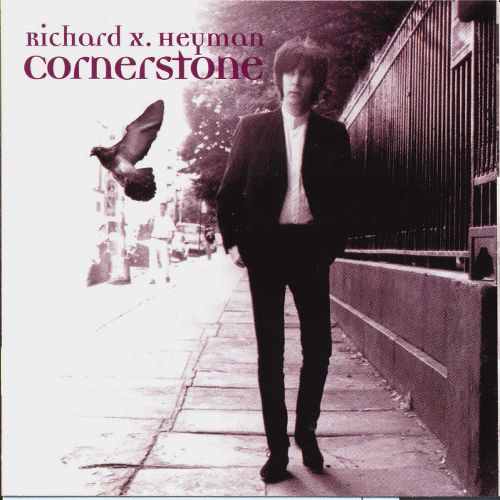
Seven years elapsed after Hey Man!, and Heyman’s new album emerged on an independent label. Those seven years, during which Heyman volunteered on the streets of New York finding homes for stray cats and dogs, evidently had a calming effect, and Cornerstone is more sedate and mature than its predecessor and despite being on a smaller label the production is more subtle and richer than before. If Hey Man! was too awkwardly peppy in some places to be appropriate for every social situation, Cornerstone is possibly a little too dulling in places, such as the intrusion of strings into the opening title track; it’s a great song and it’s position at the front of the album makes for thematic unity (the album is dedicated to Heyman’s wife Nancy, who also plays most of the bass parts), but it’s a strange choice as opener and correspondingly the album takes a while to gather momentum. This is a minor complaint, and this is a record full of great songs and a substantial step forward from Hey Man!. Cornerstone has less of a one man band approach – while Heyman does play some tracks single-handedly, he’s regularly joined by other musicians.
The overlooked pop gem here is ‘When She Arrives’, based around a bouncy ascending piano melody; even though it loses some of its impetus in the chorus section, it’s still deserving of being more of a pop standard. The two tracks that immediately follow it are also standouts; Heyman delves into psychedelia with the insistent and trippy ‘The Drone Song’ and pulls out a gorgeous orchestrated ballad ‘From This Day Forever’ ending with a beautiful piano coda. Almost every song displays Heyman’s mastery of the pop genre, whether it’s the organ led melodicism of ‘On You’ or the power pop of ‘If We Should Ever Meet Again’.
Cornerstone is an outstanding exposition of guitar pop and Heyman remains one of the genre’s more accomplished and overlooked exponents.
Later Albums
Heyman has been prolific in the 21st century. His wife sent me a pile of albums to review from his later career, and I’ll get to them sometime.
Return to 1990s Album Reviews…
Related Pages
About
Aphoristic Album Reviews is almost entirely written by one person. It features album reviews and blog posts across a growing spectrum of popular music.
Review Pages
Read about the discographies of musical acts from the 1960s to the present day. Browse this site's review archives or enjoy these random selections:
Blog Posts
I add new blog posts to this website every week. Browse the archives or enjoy these random selections:






